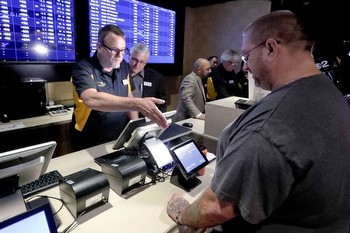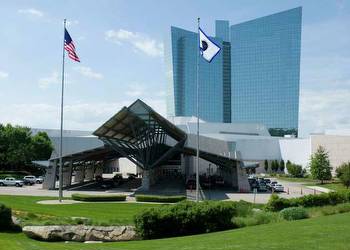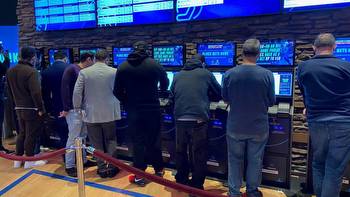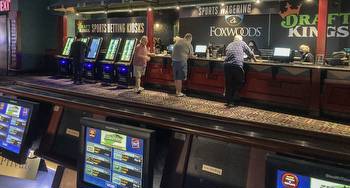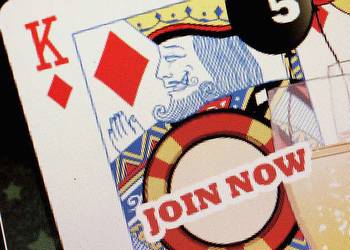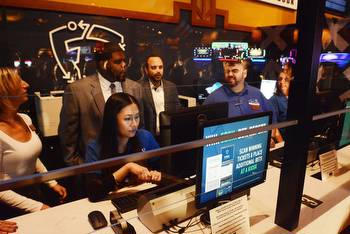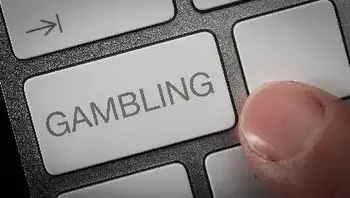Magnitude of increase in calls to problem gambling 'helpline' took many by surprise

There has been a huge increase in the number of calls to the Connecticut Council on Problem Gambling's helpline. The council's executive director, Diana Goode, made news last month when she described the increase. She told the legislature's Public Safety and Security Committee that the helppline calls had quadrupled. From October through January, calls were up 122% over the same period a year ago. Gooder worries that problem gamblers have the highest suicide rate. They lose all their money in a weekend. Some Monday mornings, people had "lost everything" betting on sports the previous weekend, so the line could be busy the day after Super Bowl.
In eastern Connecticut, problem-gambling services are available through United Community & Family Services in Norwich. A college student emptied his parents’ bank account during a weekend gambling spree. The helpline offered counseling and a referral to a Bettor Choice treatment program. Foxwoods Resort Casino, Mohegan Sun and the state put in place self-exclusion programs for gambling addicts. Some people who sign up are still gambling. i.e. they don't want to be banned from the casino altogether. They may need to forgo gambling but still want the access to events.
Goode told lawmakers that many people signed self-exclusion forms prior to October's launch of online casino gaming and sports betting. Massachusetts Gaming Commission announced that since 2015, more than 1,300 people had signed up for the self exclusion program. In Connecticut, 446 people have signed for a self exclusions program the state Department of Consumer Protection maintains. If a person is found to be gambling while on the list, they would forfeit their winnings. The self exiles are excluded from all forms of internet gambling in the State.
Goode is pushing for a gambling study and a commission to oversee gaming in Connecticut. Massachusetts has already done a study of gambling behaviors after casinos were approved. The study recommended gambling prevention and treatment programs and provided policy guidelines. Goode wants the tribes to provide more financial support for the council. The gaming-expansion bill passed last spring requires each tribe to contribute $500,000 to problem-gambling programs. Sen. Cathy Osten is skeptical about the proposal to establish a gaming commission. She notes that some provisions of the bill have not been fully implemented.
Problem-gambling resources are listed on the Connecticut Council on Problem Gambling website’s "Get Help" page at ccpg.org. For tips on responsible gambling, visit responsibleplayct.com. To reach the council”s helpline, call (888) 789-7777 or text “CTGAMB“ to 53342. The phone number for the National Suicide Prevention Lifeline is (800) 273-8255.








